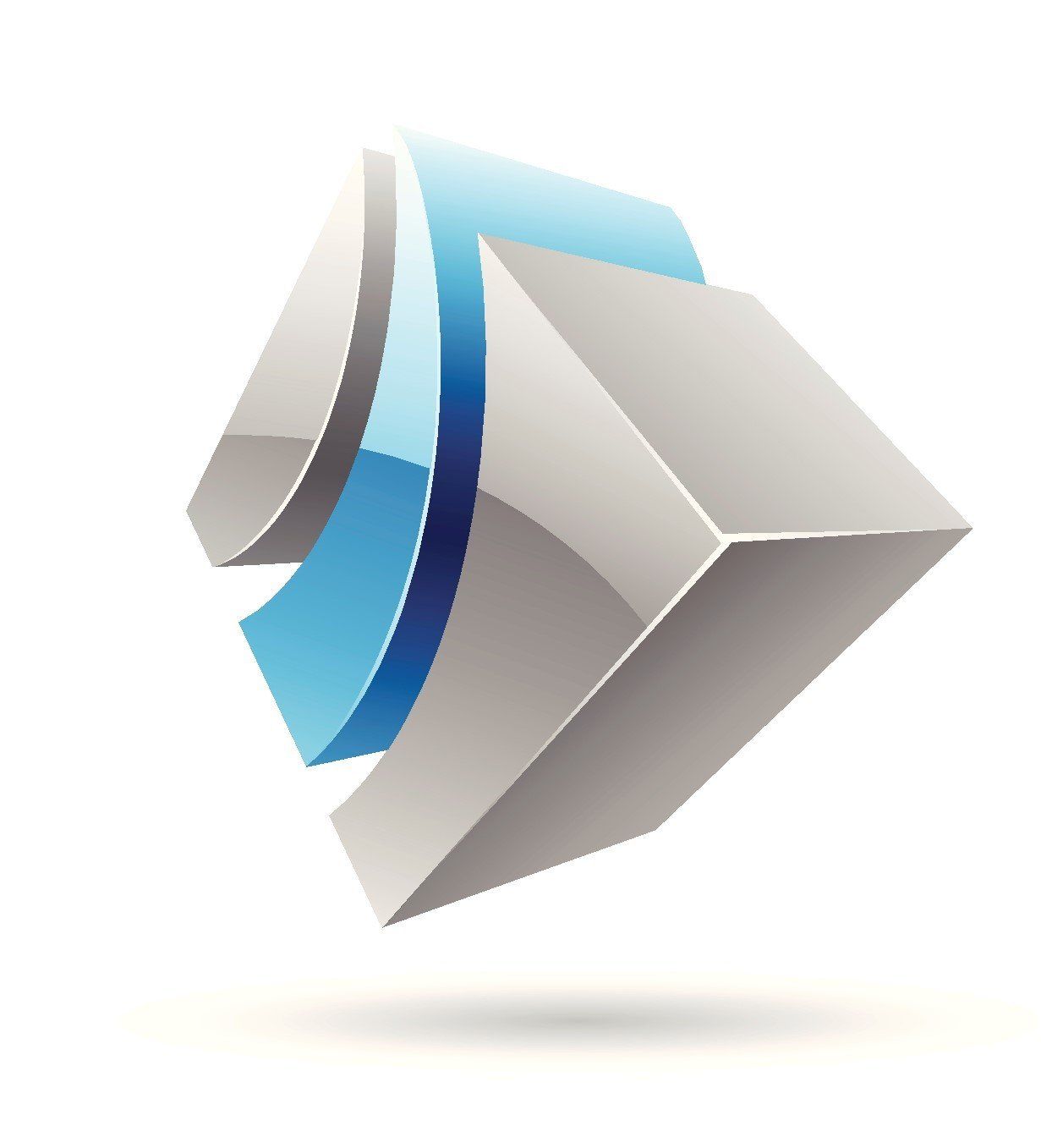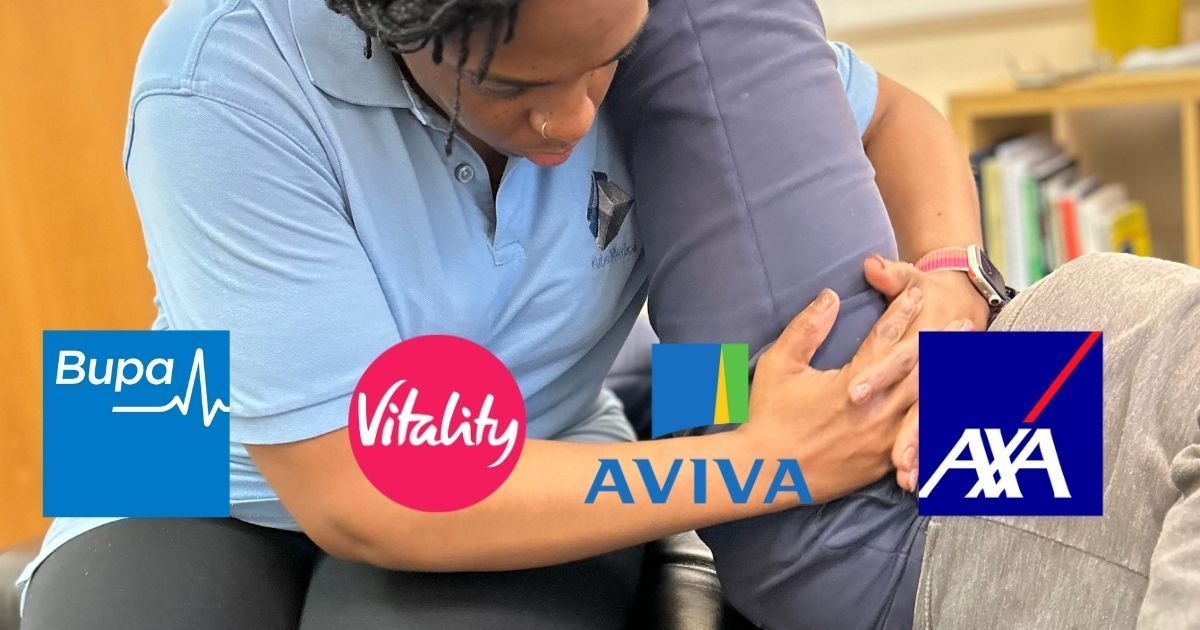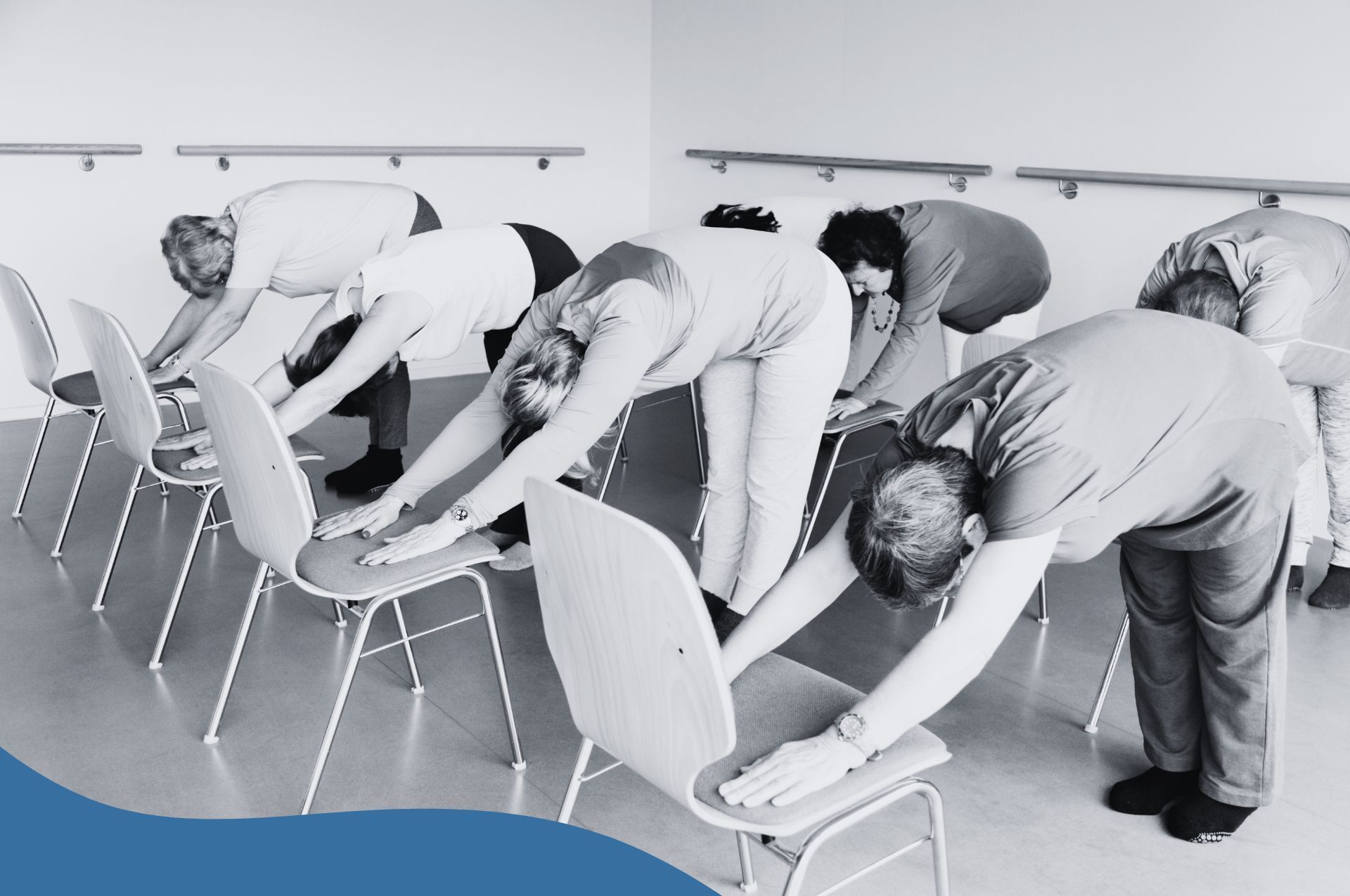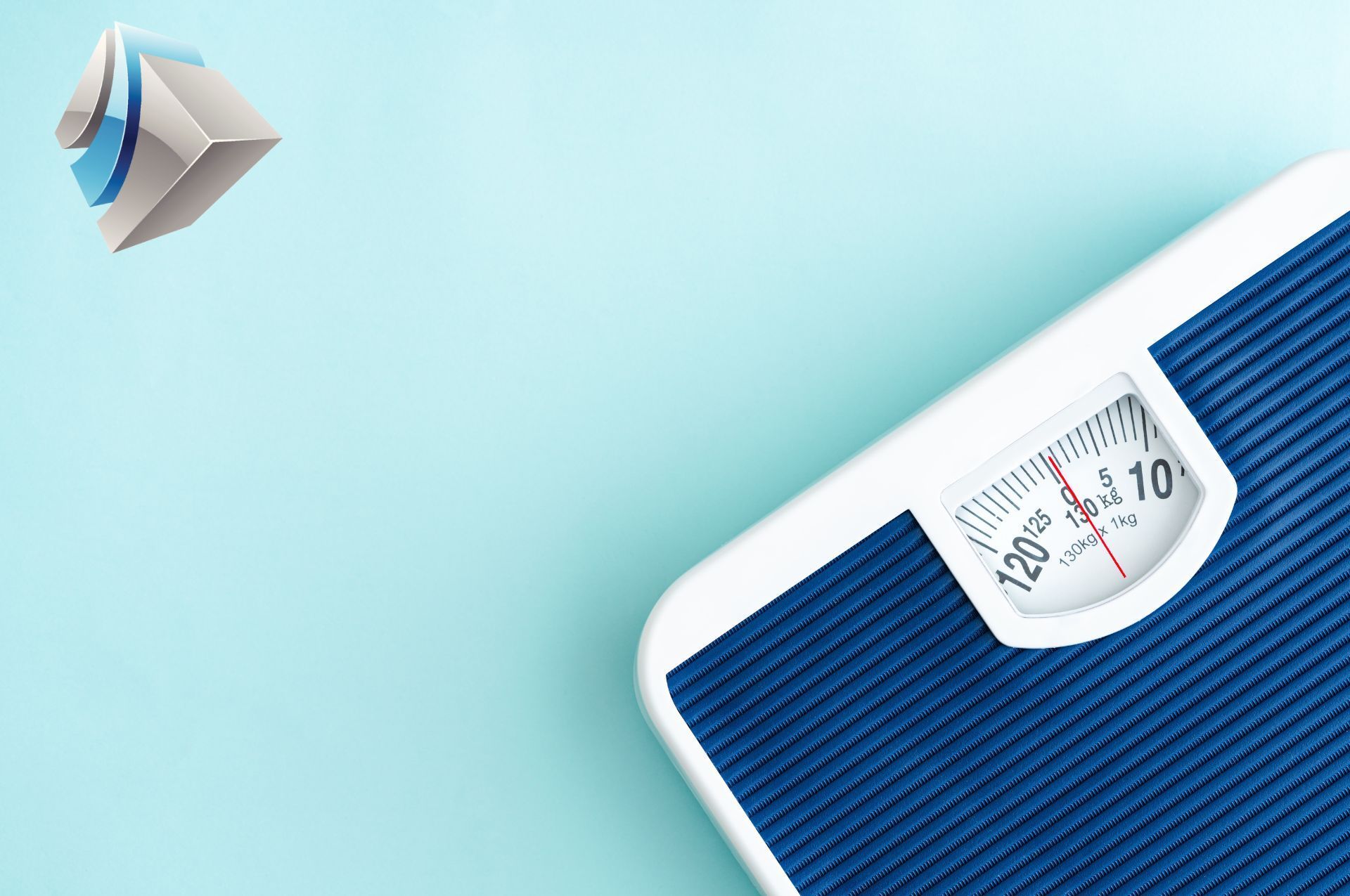What Is The Main Cause Of Headaches?
Patrick Campbell • 26 September 2021
Headaches are a fairly common affliction that most people will suffer multiple times over their lifetime. As much as 75% of adults worldwide will have suffered a headache over the last year. It is a pain that is often experienced in the head or face and can sometimes radiate downward into the upper neck. It can manifest in various ways including being sharp, dull, throbbing, acute, or constant. Its intensity can also range from mild to bad enough to make it impossible to work or associate with others.
There are over 150 types of headaches. They are however categorized as either primary or secondary. Primary headaches
are caused by a problem with pain-sensitive structures in the head. The problem may lie in genetics as certain conditions can be hereditary, or as a result of chemical activity. The most common primary types of headaches are:
- Migraine – This is characterised by pain in the face or neck, with throbbing in one area. It is also often accompanied by sensitivity to light, nausea and vision problems. A migraine is caused by sensitive nerve endings in the brain creating pain. An episode can last anywhere from a few hours to 3 days. Though it can afflict people of all ages, it is more common amongst women and those in the 35-45 age range. It is highly recurrent and often lifelong.
- Tension– Often presents as a dull pain or pressure on either side of the head. It can also be felt as tightness around the head, sometimes with pain radiating into or from the neck. Tension headaches are believed to be caused by the tightening of muscles in the head and neck areas. It more commonly affects women and will often begin in the teenage years. Episodes can last anywhere between 30 minutes to several hours. When chronic, the condition will arise more than 15 days in a month and can be highly disabling.
- Cluster – This condition usually presents as severe pain on one side of the head with pain or irritation of the eye. The condition can recur up to several times a day with brief but painful episodes. Sufferers will often experience a drooping eyelid, running or blocked nose, and redness of the eye on the same side of the head. It tends to develop when 20 years or older.
Secondary headaches
are typically a symptom of a disease that has activated the pain-sensitive areas of the head. Many conditions can trigger such headaches including:
- Sinusitis
- Brain tumour
- Concussion
- Dehydration
- Glaucoma
- High blood pressure
- Meningitis
- Influenza
- Stroke
Many things can trigger a headache. Understanding the cause of the headaches you suffer can help in reducing their frequency. This is achieved by avoiding the trigger and thereby preventing its occurrence. Learning the cause of headaches can also better inform what course of treatment your doctor will prescribe. This may involve the use of medications or even making simple lifestyle changes.
What Is the Main Cause of Headaches?
It is difficult to pinpoint one exact cause of headaches. This is because different types of headaches can be triggered by a variety of factors. Some triggers can however be common.
The cause of migraines is not very clear, but they are known to often have one or a combination of triggers. Some theorize that they are caused by unstable nerve cells that respond to these triggers, sending impulses to blood vessels and causing a chemical reaction in the brain. Some of the common triggers of migraines include:
- Odours
- Bright lights
- Tobacco smoke
- Food allergies
- Food additives
- Caffeine withdrawal
- Certain medications like oral birth control pills
The cause of tension headaches is also not clear. Some believe it may have to do with muscle contractions in the scalp, face, or neck areas. Others believe sufferers have a heightened pain sensitivity. Whatever the cause, tension headaches also have some commonly identified triggers including:
- Fatigue
- Lack of sleep
- Stress
- Hunger
- Caffeine withdrawal
- Food allergies
- Weather changes
Though less common than migraines and tension headaches, cluster headaches are of concern given their severe nature. Though their cause is also unknown, some research indicates a connection to the body’s biological clock. The timing of the recurrent episodes will often be consistent from period to period. They are not believed to be triggered by factors such as food, stress or hormones, as with migraines and tension headaches. They can however be worsened if alcohol is consumed during an episode or certain medications taken.
How to Identify Triggers
A good way to identify what may be triggering your headaches
is to keep a journal. Whenever you have an episode, jot down all the factors surrounding it, including the frequency and duration of the episodes, and the intensity of the pain. Other factors to note include:
- Any medications taken
- Foods consumed
- Sleep patterns
- Stress levels
- Physical exertions
- Alcohol intake
- Timing of menstrual cycle
- Environmental factors like smoke or cold
Reviewing this information can help in identifying any recurring patterns that could indicate a trigger. With your triggers now known, you can then go about figuring out how to avoid them and reduce the occurrence of headaches.
Because headaches can sometimes be a symptom of a more severe condition, it is important to consult with your doctor, especially if they recur frequently and are particularly painful. A correct diagnosis will ensure you better understand if there are any triggers to be wary of, learn what medications or other treatments you can make use of, or lifestyle changes you can adopt for a better quality of life.
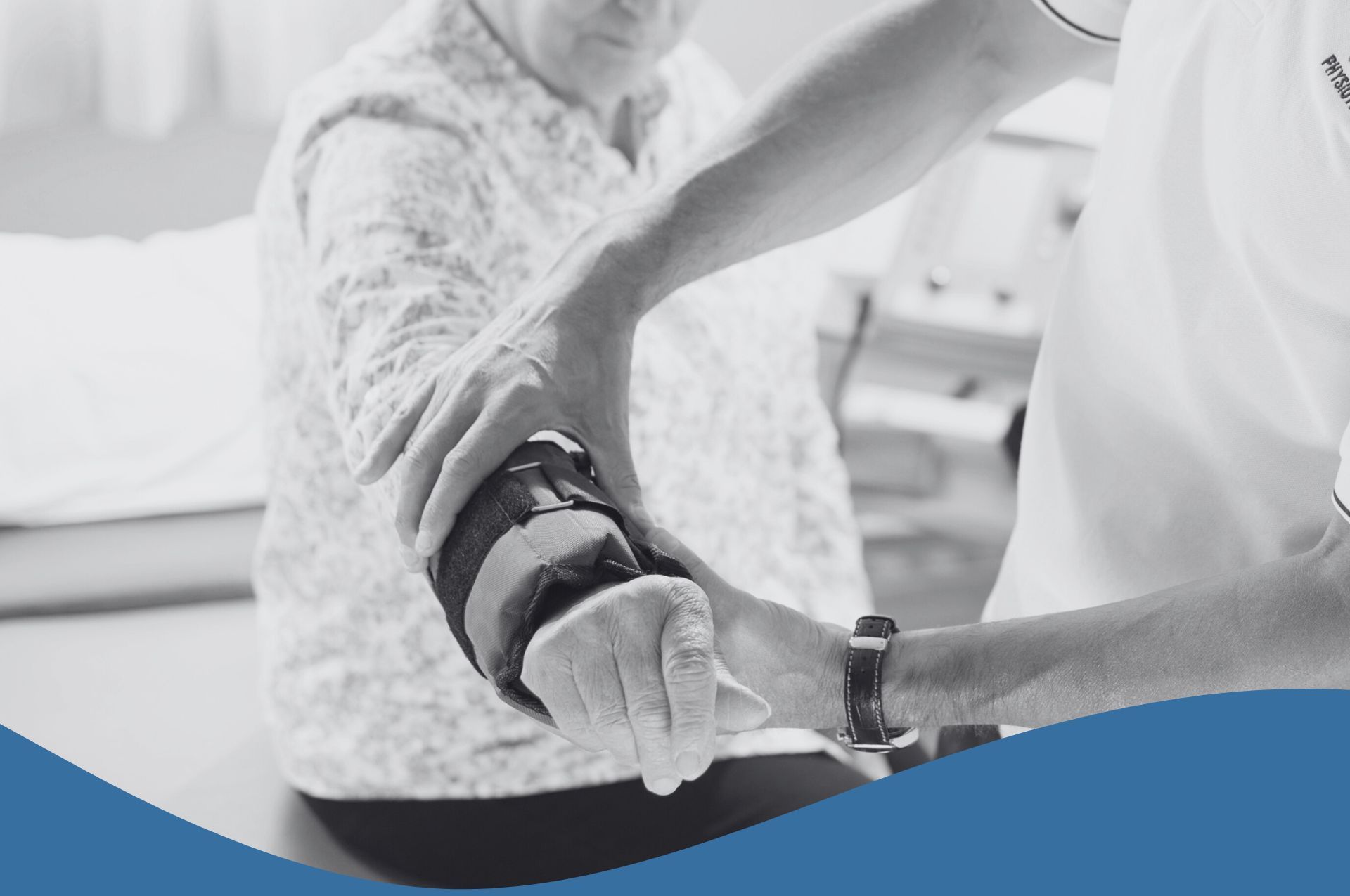
At Kube medical, we believe high-quality physiotherapy should be accessible, comfortable, and convenient. That’s why we provide professional home-visit physiotherapy services, helping you recover in the comfort of your own home and at a time that fits your lifestyle. Whether you're recovering after surgery or trying to fit treatment around a busy schedule, our personalised approach ensures you feel supported, motivated and confident every step of the way.

As the days get shorter and the air turns crisp, many of us start dreaming about fresh powder, mountain air, and that first exhilarating run of the ski season. But before you dust off your boots, it’s worth thinking about one crucial thing: your body’s readiness. Whether you’re a seasoned skier eager to hit the slopes from day one, or an occasional skier looking to make the most of a long-awaited trip, a little “pre-hab” — preparing your body in advance — can make all the difference between an enjoyable week on the mountain and one cut short by fatigue or injury.
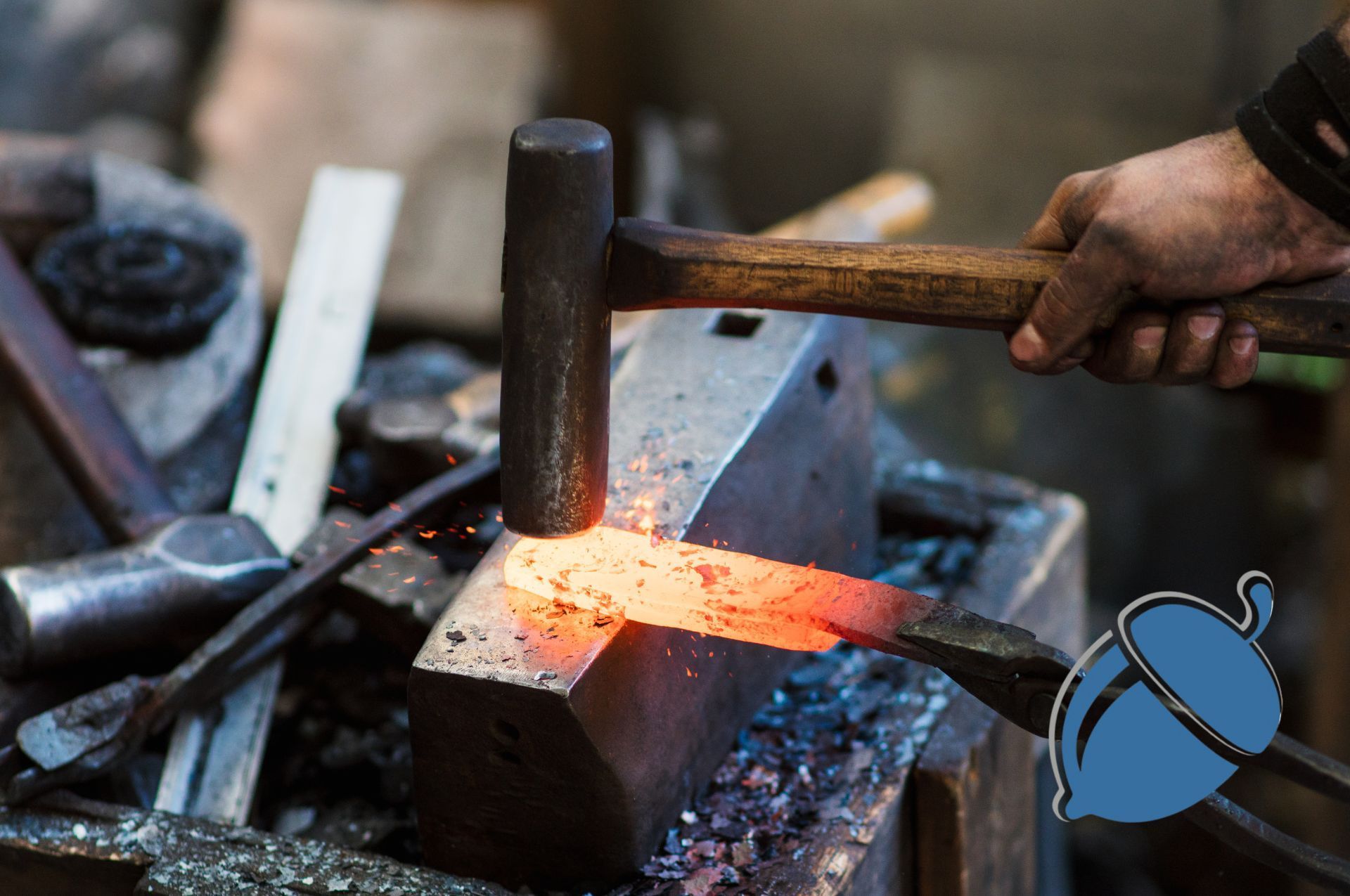
There’s no easy way to put it — the sudden closure of Private Midwives has left a real void, both professionally and personally, for many highly experienced tongue tie practitioners. It’s disrupted livelihoods, interrupted the continuity of care for families, and forced many to face a wave of uncertainty.
